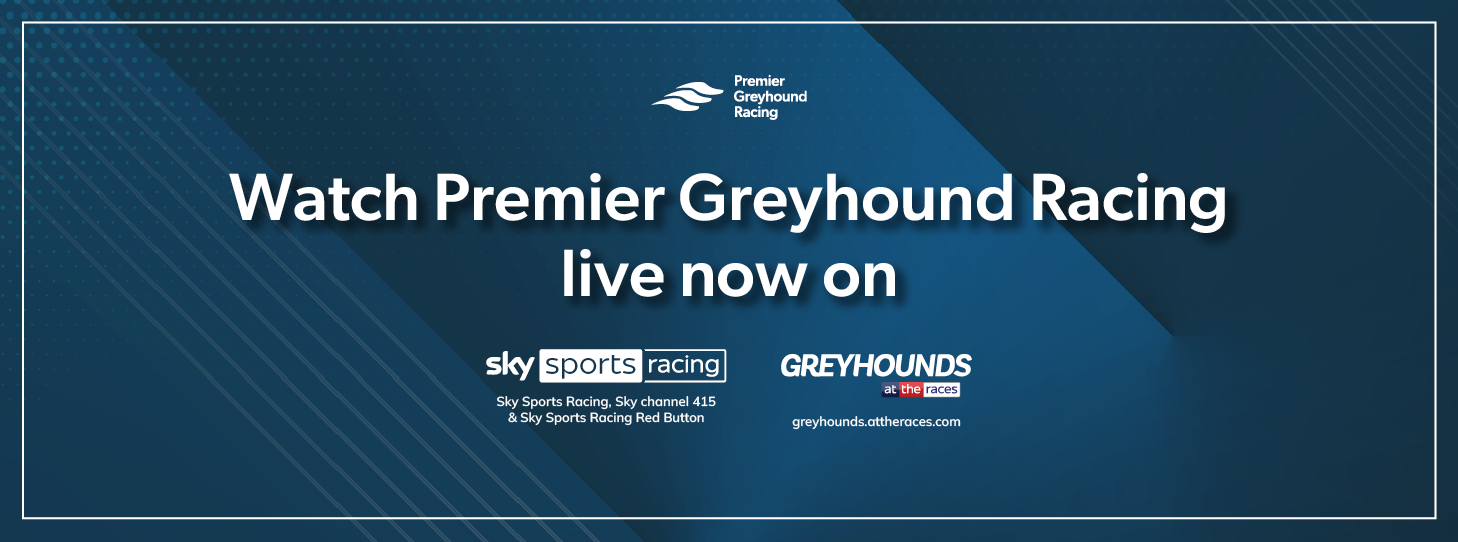Returning to the theme of the long term effects of Coronavirus and how it may bring permanent changes to greyhound racing (along with a deal else of course), I am thankful to Gary Noble for the following piece.
Gary is an old friend of this website, and is as equally well known as an owner/breeder, as he is as a professional gambler.
These are his views on the new development of switching to industry determined betting odds, rather than the traditional market being determined by on-course bookies. Clearly that became an impossibility when racing went ‘behind closed doors’.
(I am uncertain what ‘industry returns’ actually looks like, though was tipped off that it would probably see a small group of traders from different betting companies reaching consensus over opening prices).
Gary writes:
“Being a gambler I suppose a person must really have an optimistic nature, and maybe its just my optimistic nature influencing the way I am reacting to the recent changes in the greyhound betting world. Some of them made by design and some them made purely as a result of the Coronavirus outbreak.
The need to run meetings “behind closed doors” because of the virus I think drove forward something off-course bookmakers may have been wanting to introduce for quite some time.
ARC decided they no longer required the services of on course bookmakers at their tracks and are now returning industry SPs. Within a day or so SIS decided they would follow suit and did exactly the same.
“As a full time punter eeking a living out of betting on greyhound racing and being in constant battle with the off course bookmakers I was immediately deeply suspicious of what the implications of this would do to the way I operate.
“Now it is really too early to make any lasting conclusions because of the current surreal situation, but if as I suspect both ARC and SIS continue with the industry SP policy I think it could well be beneficial to the punter, it won’t necessarily create many new angles but the early signs are that it will allow off course bookmakers to have more confidence in their prices and lead to them accepting larger bets.
“Like it or not greyhound racing is now totally reliant on bookmakers wanting to take up SIS and ARCS pictures and as such bookmakers will exercise as much control over racing as they feel necessary. This industry SP business is another way of them taking further control, but with not as much of a downside as I feared.
Looking further forward to post Coronavirus times it might well mean that on course bookies never return to meetings purely staged for the off course firms such as the ones that take place during the working week or unsociable hours.
“The meetings where on course bookies are really needed, for instance Saturday nights in particular or busy meetings such as Bank Holidays, Derby nights etc there is no reason why on course bookmakers should bet completely independantly of the off course market and give the betting public even more choice.”
Compared to some, Gary’s views are comparatively mild. Although I would not normally publish unattributed quotes, I am about to do so here.
The reasons are thus. The author of the piece below is one of the shrewdest judges in the business and a professional punter for many decades. He would only allow his words to be used, if he wasn’t identified. However, such is the esteem in which he is held, that I could not bear to ignore his views. He states:
“I find it incredulous that these have been accepted without hitch – bookmakers have had 90% control of all aspects of racing for a long time, now they have 100%. If you were to ask a leading off-course bookmaker for an even £5k at one of their tracks would you be happy if they took the bet?
“Speaking personally I will never have another bet on the dogs so long as this catastrophe is allowed to continue and I would tell any casual punter to do likewise, it is scandalous.
“If anyone stops and thinks about the implications of the betting markets now they’d run a mile- they put out prices in the morning that they will NOT lay – get some markers from those that can’t help themselves – put up a reasonably accurate tissue at a ridiculous 135% and now if by some miracle a punter has beaten all of that he’ll have to deal with the bookmaker then telling him what price he’s got. Come racing!!”
All this is going on at a time when bookmaker turnover has shot up on greyhounds. Henlow’s Kevin Boothby noted that Betfair had been matching races to the tune of £70-80,000 in the last few days.
Personally, I think there are other long term implications of these changes in betting.
Firstly – if greyhound racing continues to have a near monopoly of live action for an extended period, the customer base will surely change.
The media rights battle has been fought with the big prize being the High Street betting shops. But if a significant number fail to re-open, and the on-line trade shows the level of growth that is already been discussed, ARC/TRP and SIS will be dealing with a much changed customer base possibly requiring a slightly different product. Who will adapt best?
Secondly, I have long argued that the genie is now out of the bottle in terms of a betting monopoly as was enjoyed by BAGS for so many years. It is surely incomprehensible that Government would allow either ARC/TRP (who own tracks) or SIS (which is largely owned by bookmakers, who own tracks) to control the betting markets.
Nor would it be possible to revive the all but extinct system – where in many cases, two on-c0urse bookies were asked to produce meaningless prices for a punterless betting ring.













